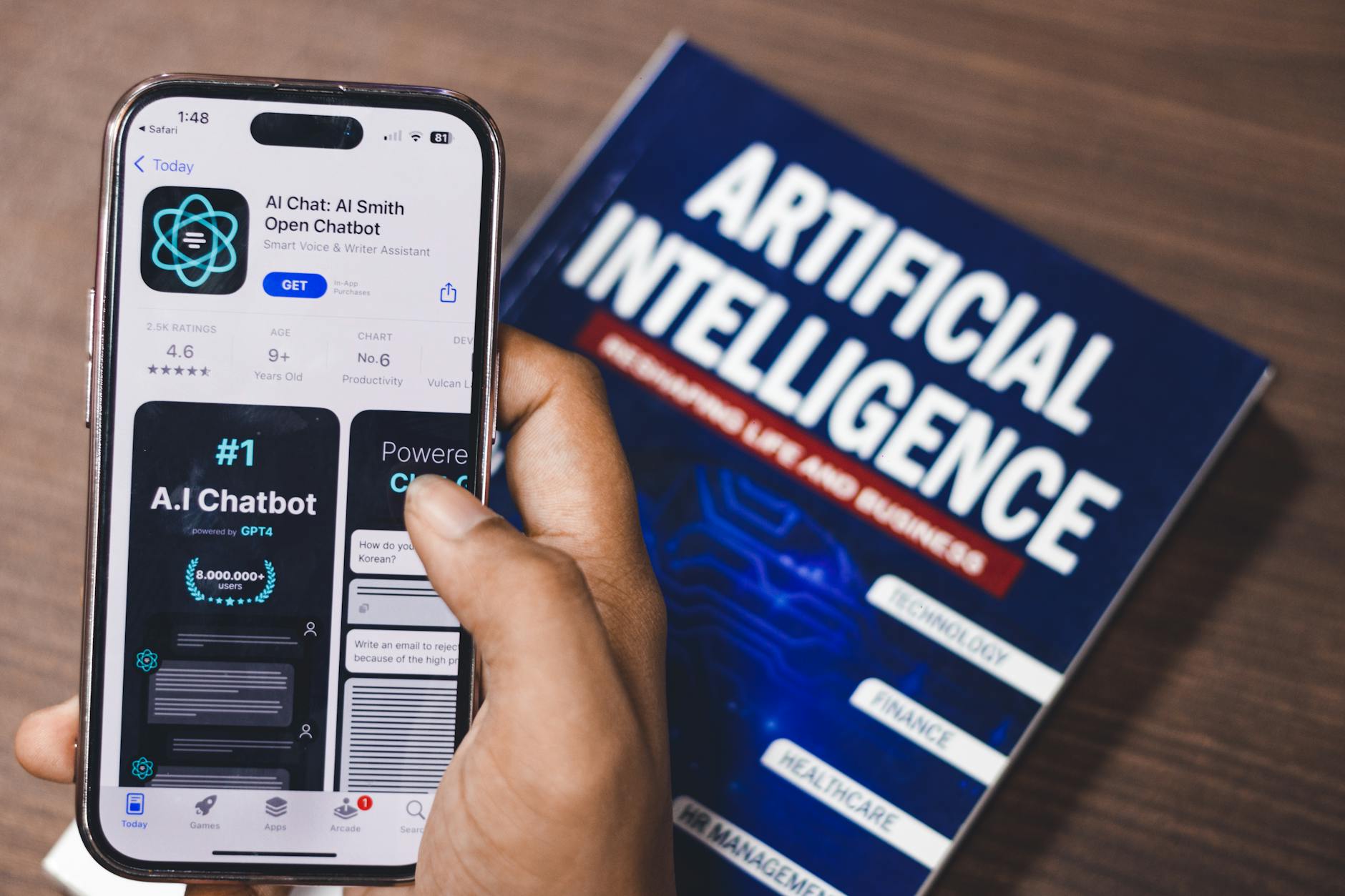Predicting Epidemics with AI: Revolutionizing Public Health
Artificial intelligence (AI) is no longer just a buzzword—it's transforming how we predict and combat epidemics. From analyzing massive datasets to identifying hidden patterns in the spread of diseases, AI is proving to be a powerful tool in the fight against global pandemics.
https://www.youtube.com/watch?v=n3xP1Knq7ys
How Does AI Forecast Epidemics?
Think about this: predicting an epidemic is like forecasting the weather. Both require the analysis of vast amounts of data in real-time. But instead of temperature and wind patterns, AI digs into human movement, climate data, healthcare records, and even tweets!
For example, AI systems like BlueDot use natural language processing to sift through reports, news articles, and public statements to flag potential outbreaks early. Could AI Help Predict the Next Pandemic? provides an in-depth look into how this technology was instrumental in predicting the spread of COVID-19 before most people even knew it existed.
 Photo by Sanket Mishra
Photo by Sanket Mishra
Real-Time Data Saves Lives
AI thrives on real-time information. Epidemic early warning systems powered by AI analyze trends faster than traditional methods, enabling quicker responses. For instance, these systems can predict where infections may spread next, helping officials allocate medical resources effectively. A study discussed in The Potential of Epidemic Early Warning Systems illustrates how these technologies even guide localized containment efforts.
Consider a scenario: In a densely populated urban area, AI tools identify an increased infection rate based on hospital records and social media chatter. Authorities can immediately ramp up testing and vaccination efforts in that specific area, potentially saving thousands of lives.
AI's Role in Predicting Viral Mutations
Viruses are tricky—they evolve. And when they mutate, diseases can spread unpredictably. This is where AI steps up yet again. Models like EVEscape, recently developed at Oxford University, predict viral mutations that may help pathogens escape immune responses. Learn more about its potential from New AI Tool Could Help Predict Viral Outbreaks.
By predicting these genetic changes, scientists can stay ahead of the curve, designing vaccines and treatments tailored to future threats. It's like having a crystal ball for public health.
Challenges and Ethical Considerations
Of course, no technology is without its challenges. AI relies on massive amounts of data—which raises questions about privacy and security. How much of our personal health information should we share for the greater good? Furthermore, machine learning models can sometimes exhibit bias, leading to unequal distribution of resources.
Initiatives are underway to address such issues. Policies focusing on ethical AI use in healthcare emphasize transparency and fairness. Additionally, collaboration between governments, tech companies, and healthcare organizations ensures better oversight and accountability.
The Future of Epidemic Prediction
As AI continues to develop, its potential in epidemic prediction grows stronger. Whether it's detecting pathogen evolution or forecasting hotspots, the role of AI in public health is a game-changer. Researchers and tech companies are collaborating to refine these tools, making them more accurate and accessible.
Organizations like the WHO are also integrating AI into their early-warning frameworks. As explained in this article on pathogen detection, combining AI with traditional surveillance methods could radically transform global responses to health crises.
Conclusion
Predicting epidemics with AI is no longer science fiction—it's shaping the future of disease control and prevention. By harnessing the power of data, AI empowers healthcare systems to act faster, saving more lives. The integration of this technology marks a pivotal step toward creating a safer, healthier world for everyone.
While challenges remain, the potential payoffs are undeniable. The more we invest in ethical, efficient AI solutions, the better equipped we'll be to tackle the next health crisis.
No comments: